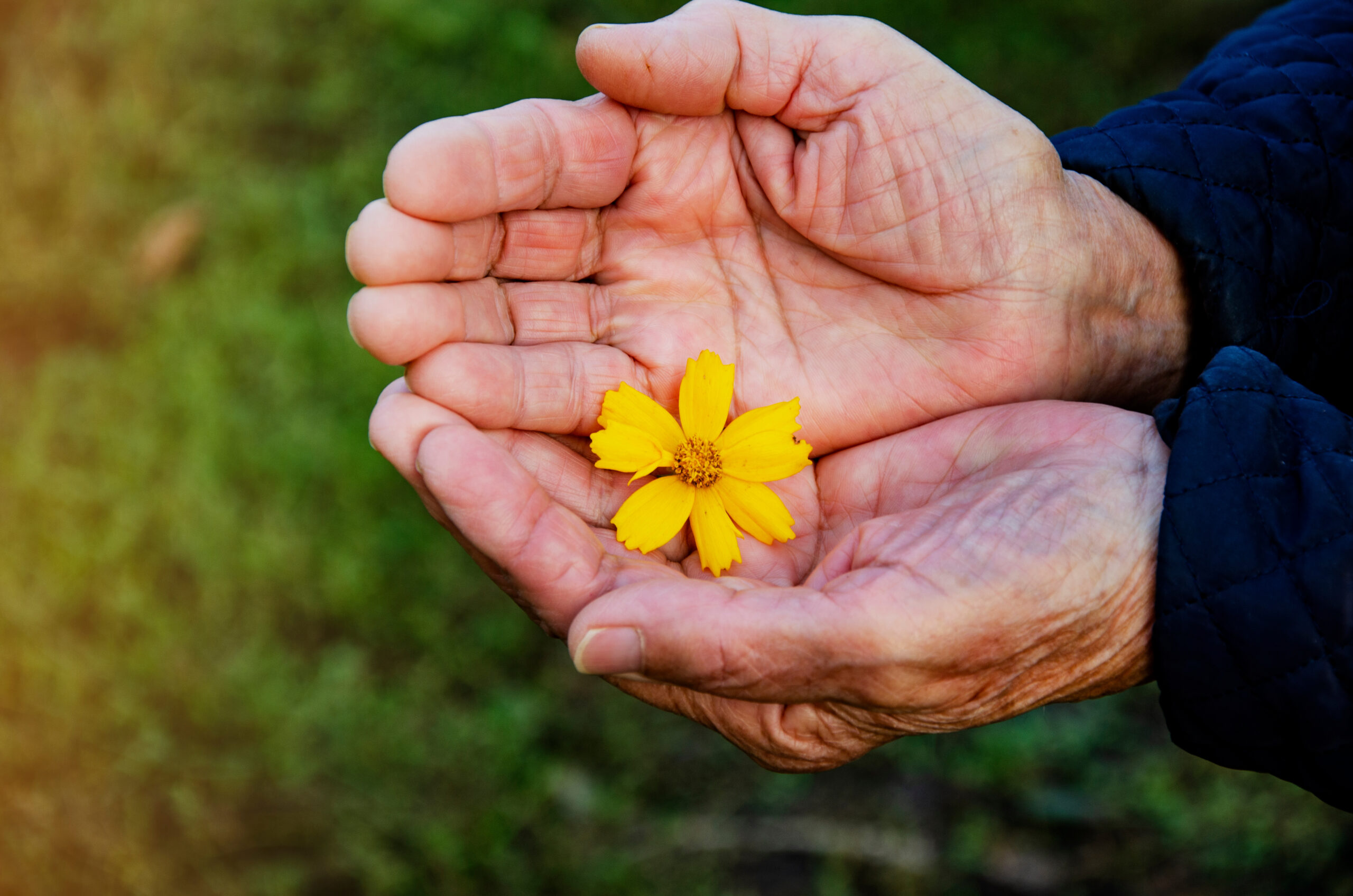Why Do We Remember Pain More Than Joy?
Why do painful memories seem to linger longer than joyful ones? This phenomenon is rooted in how our brains process and store memories, particularly those associated with pain or trauma. When we experience pain, whether physical or emotional, it triggers a strong response in our nervous system. This response is designed to protect us by making us more vigilant and cautious in the future. As a result, painful memories can become deeply ingrained, serving as a warning system to help us avoid similar situations in the future.
On the other hand, joyful experiences, while positive, often don’t elicit the same level of urgency or survival response. Joyful memories can be more fleeting because they don’t carry the same weight of survival importance. However, this doesn’t mean we can’t work to strengthen our recall of joyful moments. By intentionally focusing on and appreciating small pleasures, we can help our brains mark these experiences as meaningful and memorable.
Pain also affects our mood, sleep, and overall well-being, making it harder to recall joyful moments when we’re in a state of distress. This is why people who have experienced trauma often find it challenging to connect with feelings of joy. The process of healing involves gradually building a capacity to experience joy again, often through small, manageable moments of pleasure.
Ultimately, understanding why we remember pain more than joy can help us develop strategies to balance our memories and foster a more positive outlook. By acknowledging the impact of pain and actively cultivating joy, we can work towards creating a more balanced and resilient mental landscape.





